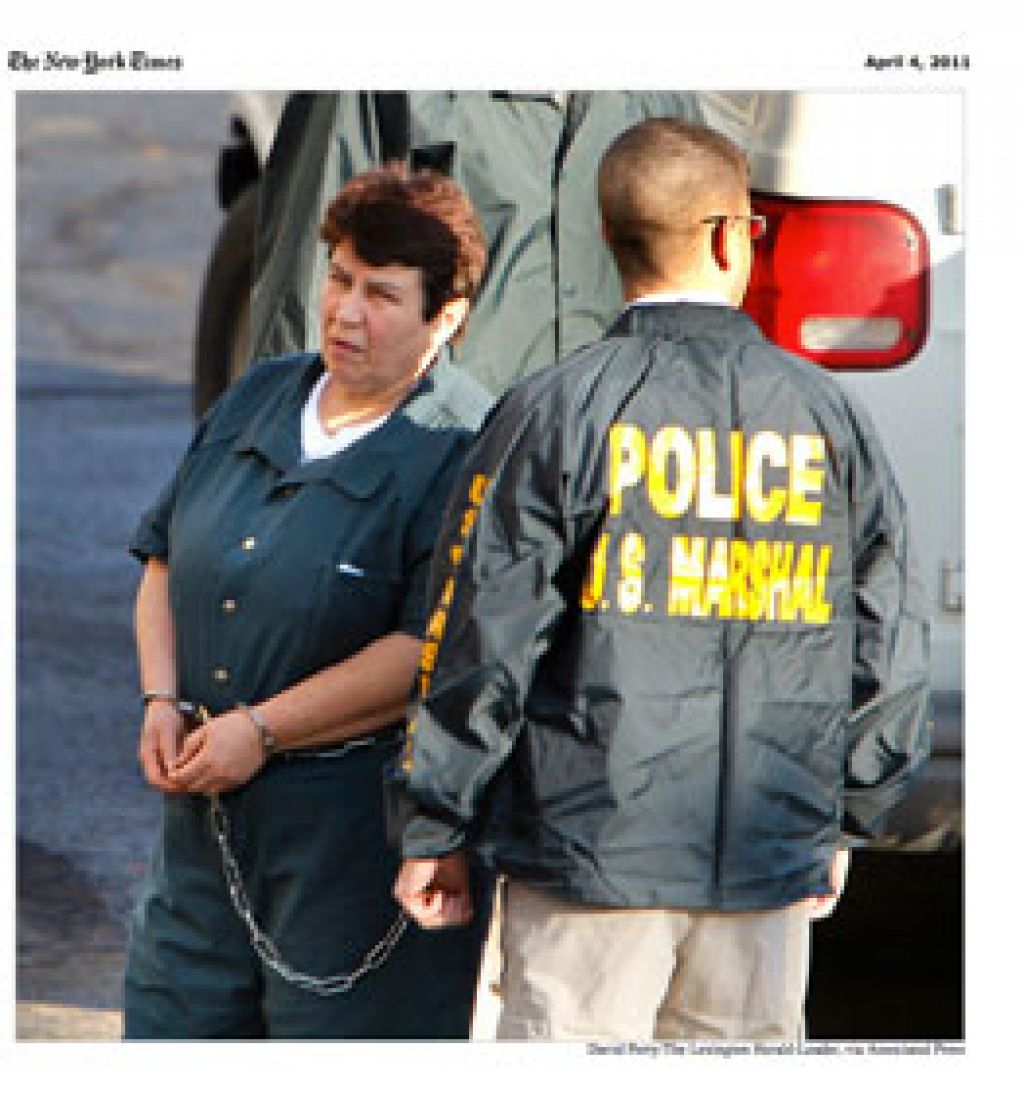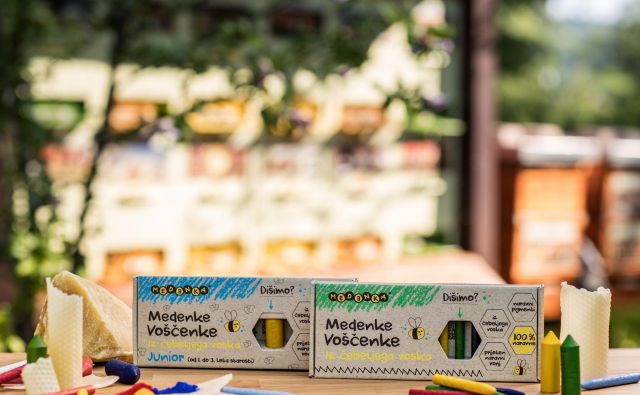STANTON, Kentucky - Though neighbors never took to her stuffed grape leaves and cabbage, friends loved the cakes she baked for birthdays.
Emphysema kept her close to the series of homes she shared with Steve Loman and his wife, Lucy, whom she called "Sis." The Lomans describe Ms. Basic, 51, as a "big-hearted" person, but who was so scarred by the Bosnian conflict that she could not watch war movies and had severed all ties with her native land.
But perhaps there was another reason for the break: the woman known here as Issabell is identified in court papers as Azra Basic, and prosecutors in Bosnia allege that in 1992 she was part of a vicious brigade of Croatian Army soldiers that tortured and killed ethnic Serbs at three detention camps in the early years of the Bosnian war.
Victims and witnesses from the camps, quoted in court documents, say that while wearing a Croatian uniform, twin knives strapped to her belt and a boot, Ms. Basic carved crosses into prisoners' foreheads. They accuse her of slitting one man's throat and forcing others to drink from the dead man's wound. One witness says Ms. Basic made him drink gasoline, then set fire to his hands and face. Others say she forced them to crawl - half-naked, a knotted rope in their mouths and a Croatian soldier on their back - across a floor littered with glass.
Now, after nearly 20 years, the past 15 spent working odd jobs in New York and Kentucky, Ms. Basic faces extradition to Bosnia and Herzegovina, where she would stand trial on charges of war crimes.
"They've alleged that she is the woman that did these atrocities; we're certainly going to contest that," said Patrick Nash, who is representing Ms. Basic in the extradition proceedings.
Though she was first charged in 1993,Ms. Basic was not located by Interpol until 2004. The Bosnian government registered a formal extradition request in 2007, but United States authorities asked for additional evidence before sending federal marshals to arrest her here last month.
By that time, according to the Lomans, speaking publicly for the first time, Ms. Basic had been living with them for five years. Over coffee before work, trips to the store and nights spent in front of the TV, Ms. Basic confided the details of her old life to her new American "family." "The first man she killed, it made her sick," Ms. Loman said. "She came face to face with him. And she had to kill him or be killed. She said it made her sick at her stomach, and then she said, after that it all went down pretty easy - after you kill your first."
The extradition complaint accuses Ms. Basic of causing only one death.
Ms. Basic told the Lomans that she and her young son had fled their home when the fighting broke out. She said her son had died of a heart ailment and that she was captured by Serbian fighters, after which she took up arms with the Croatian Army, which promised to feed her and give her cigarettes.
Once in America, she began reinventing herself, changing her name to Issabell and becoming an American citizen. Ms. Loman first met Ms. Basic while both were working at a Lexington-area nursing home.
The United Nations estimates that 104,000 people died in the ethnic strife that gripped the Balkans in the early to mid-1990s after the dissolution of the former Yugoslavia.
The conflict , marked by ethnic cleansing, was the most brutal to occur on European soil since World War II and prompted the establishment of a special war crimes tribunal.
"Anything she done, it was army connected," said Ms. Loman, who said she believed that her friend was a fundamentally good person whom the horrors of war had forced to make impossible moral choices.
If convicted, Ms. Basic would most likely spend the rest of her life in prison. But if she is found not guilty, Ms. Loman said she would welcome her home."She's already been through hell once," Ms. Loman said. "Why put her through it again?"
Balkan Past Resurfaces In America*
Nearly two decades after fleeing her native Croatia Issabell Basic lived a quiet life in this small town.
Objavljeno
09. april 2011 12.30
Posodobljeno
09. april 2011 12.30
 Tiskane izdaje
Tiskane izdaje























